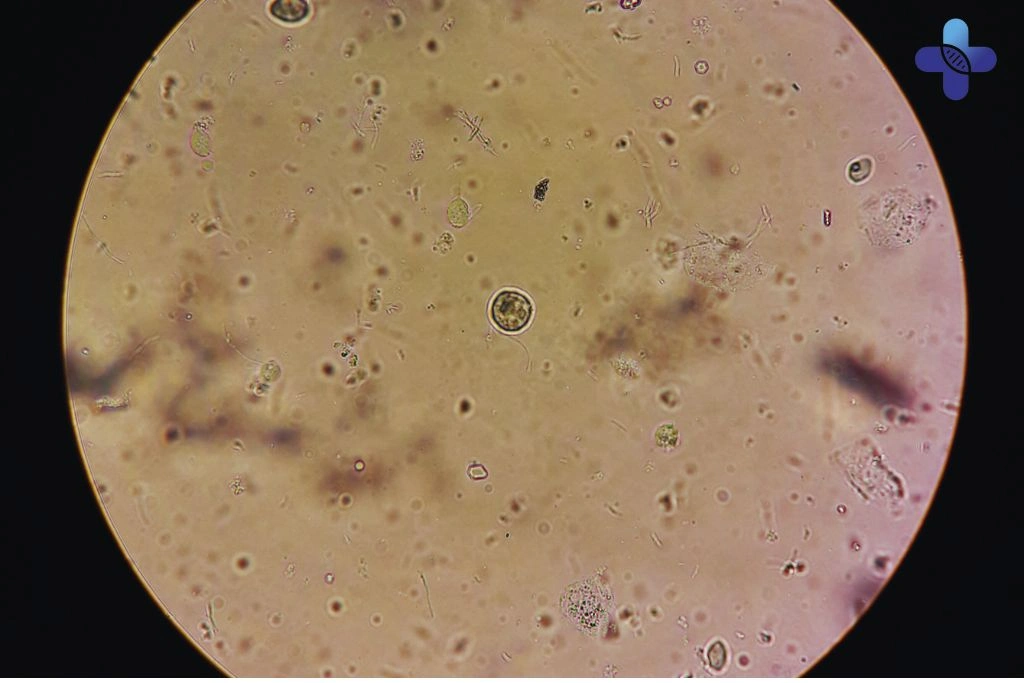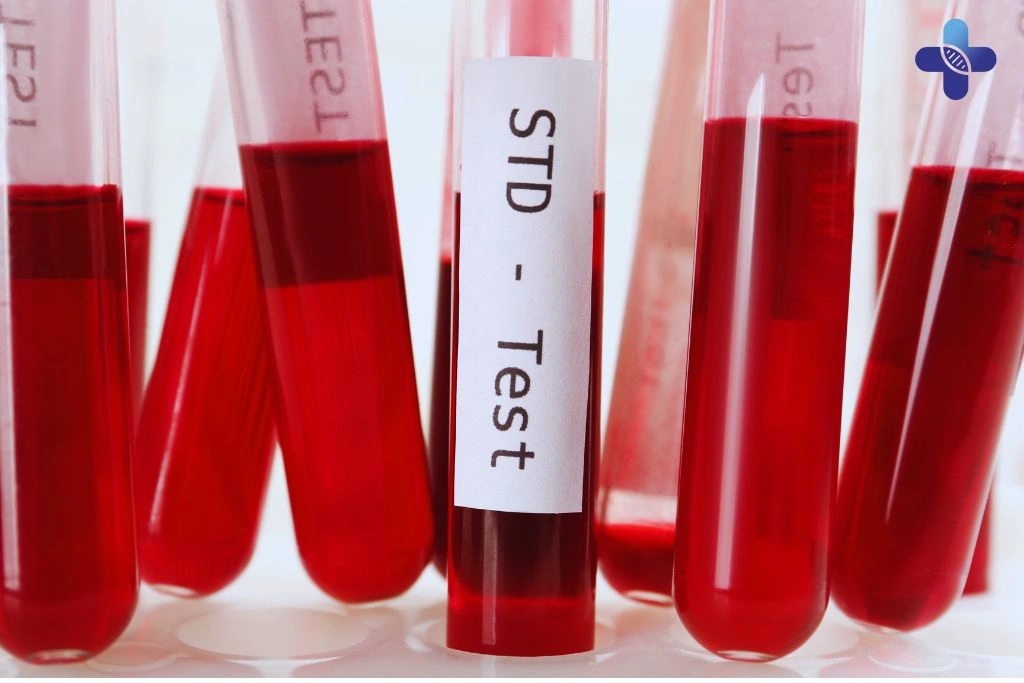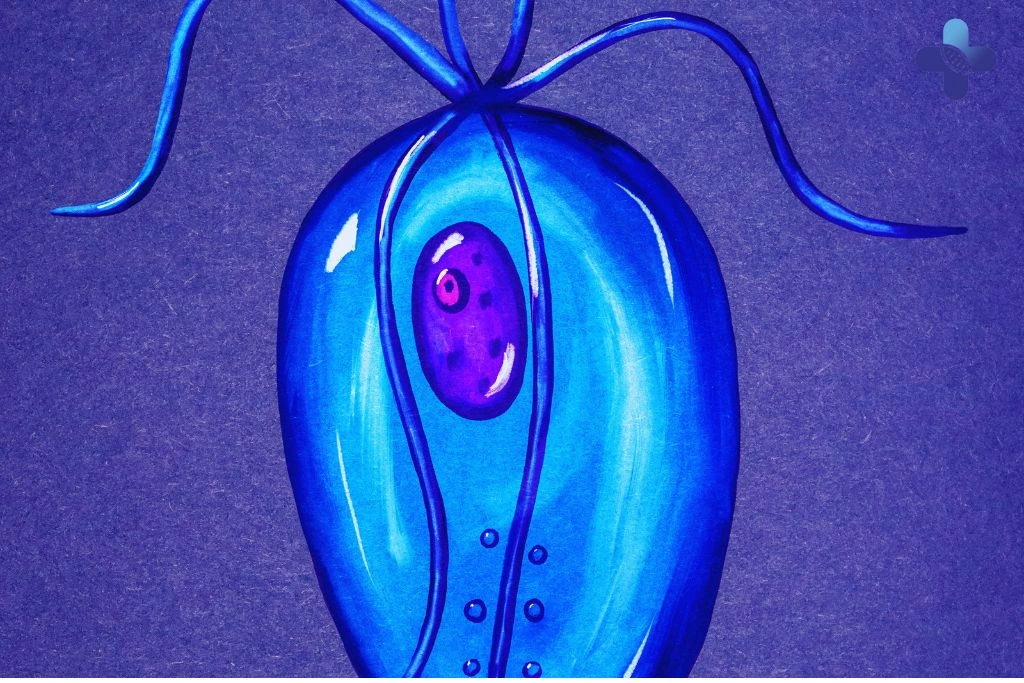Trichomonas vaginalis is a common sexually transmitted infection (STI) that often goes unnoticed due to its mild or asymptomatic nature. As part of the broader concern of STDs in Bali, it is important for both travelers and residents to understand the risks associated with this infection. While it can be easily treated, leaving it untreated may lead to complications, especially for women, including increased vulnerability to other infections. Travelers in Bali should be aware of this infection and seek medical assistance if they experience symptoms. Life Everyouth Clinic Bali offers confidential testing and treatment to ensure timely care and protection.

Comprehensive Guide to Trichomonas Vaginalis in Bali: Symptoms, Risks, Prevention, and Effective Treatment
Trichomonas vaginalis is a common yet often overlooked sexually transmitted infection (STI) that can affect both men and women, causing discomfort and increasing the risk of other infections. While some individuals remain asymptomatic, others may experience itching, burning, abnormal discharge, or pain during urination and intercourse. The infection spreads through unprotected sexual contact and can persist if left untreated. Understanding the risks, symptoms, and preventive measures is essential, especially for travelers and residents in Bali. Fortunately, effective treatment options such as antibiotic therapy are available at Life Everyouth Clinic, ensuring safe and professional care for those in need.
Understanding Trichomonas Vaginalis
Trichomonas vaginalis is caused by a protozoan parasite that spreads through unprotected sexual contact. It primarily affects the urogenital tract and can cause discomfort, irritation, and an increased risk of other STIs, including HIV.

Symptoms of Trichomoniasis
Many individuals infected with Trichomonas vaginalis may not experience symptoms, which makes early detection and testing essential in preventing its spread. However, for those who do develop symptoms, they can range from mild irritation to severe discomfort. Below are some of the most common signs of trichomoniasis:
Unusual Vaginal or Penile Discharge
One of the most noticeable symptoms of trichomoniasis is an abnormal discharge. In women, the vaginal discharge may appear frothy, yellow-green, and accompanied by a strong, unpleasant odor. Men, on the other hand, may experience clear or slightly white penile discharge, though this symptom is less common. The presence of unusual discharge is a sign of inflammation in the reproductive tract and should not be ignored.
Itching, Irritation, or Burning Sensation
Many individuals with trichomoniasis experience persistent itching and irritation in the genital area, which can cause significant discomfort. The irritation may extend to the inner thighs and groin region, leading to redness and sensitivity. Some people also report a burning sensation, which can worsen after urination or intercourse.
Pain or Discomfort During Urination or Intercourse
A common sign of trichomoniasis is pain during urination (dysuria), often caused by inflammation of the urethra or vaginal walls. This discomfort can also extend to painful intercourse (dyspareunia), making sexual activity unpleasant. Women may also experience pelvic discomfort, especially if the infection spreads further into the reproductive tract.
Inflammation and Redness in the Genital Region
Infected individuals may develop visible redness, swelling, and tenderness in the genital area due to irritation caused by the parasite. In women, the vaginal walls and cervix can become inflamed, sometimes leading to a condition known as strawberry cervix, which is characterized by small red spots. Men, though less commonly affected, may experience swelling and irritation of the urethra.
Recognizing these symptoms early and seeking prompt medical attention at Life Everyouth Bali is crucial in preventing complications and further transmission. STI screening and treatment are available to ensure a fast and effective recovery.

Diagnosis and Treatment
Early diagnosis is key to effective treatment. Medical professionals at Life Everyouth Bali offer reliable testing for STIs, including Trichomonas vaginalis. The infection is typically treated with a single dose of antibiotics such as metronidazole or tinidazole. To prevent reinfection, partners should also receive treatment simultaneously.
Preventing Trichomonas Vaginalis in Bali
Preventing Trichomonas vaginalis requires a combination of safe practices, regular health check-ups, and personal hygiene awareness. As a common sexually transmitted infection (STI), trichomoniasis can be avoided by adopting the following preventive measures:
Practice Safe Sex to Reduce the Risk of Transmission
The most effective way to prevent trichomoniasis is by practicing safe sex, which includes using condoms or dental dams during vaginal intercourse. Barrier protection significantly reduces the risk of contracting Trichomonas vaginalis and other STIs, though it does not provide 100% protection. Maintaining open communication with partners about STI testing and sexual health also plays a crucial role in prevention.
Regular STI Screening for Early Detection
Because trichomoniasis can be asymptomatic, routine STI screenings are essential, especially for sexually active individuals with multiple partners. Early detection allows for immediate treatment, preventing complications and further transmission. At Life Everyouth Clinic in Bali, professional medical practitioners provide confidential and accurate STI testing, ensuring prompt diagnosis and care.
Avoid Sharing Personal Hygiene Items
Although Trichomonas vaginalis is primarily transmitted sexually, it can survive on moist surfaces for short periods. While uncommon, indirect transmission through contaminated objects such as towels, washcloths, or underwear is possible. To minimize the risk, individuals should avoid sharing personal hygiene items and maintain proper genital hygiene to prevent bacterial and parasitic infections.
By following these preventive measures, individuals can protect themselves and their partners from trichomoniasis and other STIs. If you are in Bali and concerned about your sexual health, Life Everyouth Bali offers comprehensive STI screening and treatment in bali to help you stay safe and healthy.

Conclusion of Trichomonas Vaginalis in Bali: Symptoms & Treatment
Trichomonas vaginalis is a highly treatable STI, but early detection is essential to prevent potential complications, including an increased risk of other infections, pregnancy issues, and discomfort that can affect daily life. Since many individuals remain asymptomatic, regular STI screenings play a critical role in identifying infections before they cause long-term health concerns. Practicing safe sex, maintaining open communication with partners, and seeking prompt medical attention are key steps in reducing the spread and impact of trichomoniasis. If you’re in Bali and suspect an STI or simply want to take a proactive approach to your sexual health, Life Everyouth Clinic offers confidential consultations, accurate diagnostic testing, and effective treatment options to ensure your health, safety, and peace of mind.
FAQ of Trichomonas Vaginalis in Bali: Symptoms & Treatment
How is Trichomonas vaginalis transmitted?
Trichomonas vaginalis is primarily transmitted through unprotected vaginal sex with an infected partner. The parasite thrives in the urogenital tract and spreads when vaginal secretions or semen come into contact with a partner’s genital area. Unlike some other sexually transmitted infections (STIs), trichomoniasis is not spread through anal or oral sex. The parasite does not survive well outside the human body, making transmission via toilet seats, swimming pools, or shared surfaces highly unlikely.
Can men get trichomoniasis?
Yes, men can contract Trichomonas vaginalis, although they often show no symptoms. This makes them unknowing carriers who can transmit the infection to their partners. When symptoms do occur in men, they may include irritation inside the penis, mild discharge, or burning during urination or ejaculation. Even when asymptomatic, men should get tested and treated if their partner is diagnosed to prevent reinfection.
How long does it take for symptoms to appear?
Symptoms of trichomoniasis can appear anywhere between 5 to 28 days after exposure, but many individuals never develop noticeable symptoms. This delayed onset often leads to undiagnosed cases, allowing the infection to spread unknowingly between partners. Regular STI screening is essential, particularly for those with multiple sexual partners or those engaging in unprotected sex.
Is trichomoniasis dangerous if left untreated?
Yes, untreated trichomoniasis can lead to several complications. In women, it may cause vaginal inflammation (vaginitis), increased susceptibility to other STIs (including HIV), and pregnancy complications such as preterm labor and low birth weight. For men, although complications are less common, untreated infections may lead to urethritis (inflammation of the urethra) and an increased risk of prostate infections. Seeking early treatment can prevent these risks and promote overall reproductive health.
What is the best treatment for trichomoniasis?
The most effective treatment for trichomoniasis is a single-dose antibiotic, typically metronidazole or tinidazole, prescribed by a healthcare professional. This medication effectively clears the infection in most cases. It is crucial to avoid alcohol for at least 24-48 hours after taking these antibiotics, as combining them with alcohol can cause severe nausea and vomiting. Additionally, both sexual partners should be treated simultaneously to prevent reinfection.
Can I get reinfected after treatment?
Yes, reinfection is common if both partners are not treated at the same time. Even after successful treatment, having sex with an untreated partner can lead to re-exposure and a new infection. To prevent this, it is recommended to refrain from sexual activity until both partners have completed treatment and their symptoms have resolved. Regular STI screening can help detect reinfections early.
Does trichomoniasis cause infertility?
While trichomoniasis is not a direct cause of infertility, untreated cases can contribute to reproductive health complications. In women, prolonged infection can lead to pelvic inflammatory disease (PID), which may cause scarring in the fallopian tubes and impact fertility. In men, persistent infections may lead to inflammation of the prostate or urethra, which can also affect reproductive function. Early detection and treatment help minimize these risks.
Can I get trichomoniasis from a public toilet?
No, trichomoniasis is not transmitted through public toilets or shared surfaces. The parasite requires a moist, warm environment inside the human body to survive, making transmission via toilet seats, swimming pools, or towels extremely unlikely. The primary mode of transmission remains direct sexual contact with an infected partner.
Is trichomoniasis common in Bali?
Like many popular travel destinations, Bali has a risk of sexually transmitted infections (STIs), including trichomoniasis. Factors such as high tourist turnover, casual sexual encounters, and unprotected intercourse can contribute to the spread of STIs. Practicing safe sex, getting regular STI screenings, and seeking prompt treatment if symptoms arise can help minimize risks.
Where can I get tested for trichomoniasis in Bali?
For confidential and professional STI screening, Life Everyouth Clinic Bali provides comprehensive testing and treatment for trichomoniasis and other STIs. Our experienced medical team ensures accurate diagnosis and effective care in a discreet and comfortable setting. If you are experiencing symptoms or have been exposed to an STI, visit Life Everyouth Clinic for expert assistance in maintaining your sexual health.

